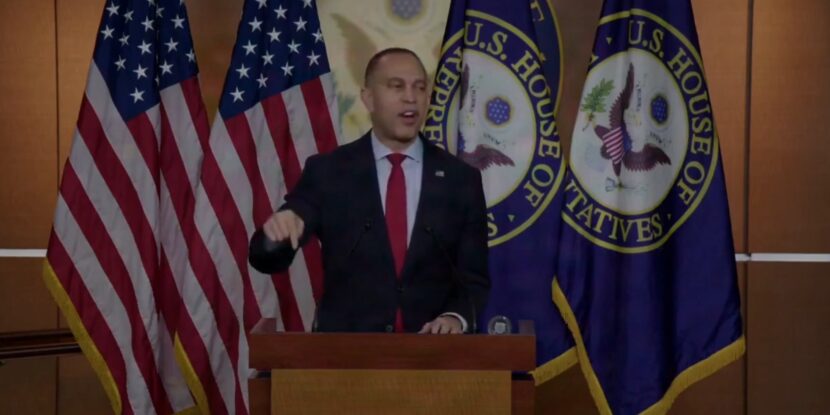❓WHAT HAPPENED: Officials from California, Oregon, and Washington state announced they will continue recommending COVID-19 vaccines for pregnant women and small children, diverging from the Centers for Disease Control and Prevention’s (CDC) updated guidance.
👤WHO WAS INVOLVED: Health officials from California, Oregon, Washington state, the CDC, and the American College of Obstetricians and Gynecologists.
📍WHEN & WHERE: The joint statement was issued on June 12, following the CDC’s May update to its immunization schedule.
💬KEY QUOTE: “Under the leadership of Secretary Kennedy, HHS is restoring the doctor-patient relationship. If a parent desires their healthy child to be vaccinated, their decision should be based on informed consent through the clinical judgment of their healthcare provider,” a U.S. Department of Health and Human Services spokesman said.
🎯IMPACT: The decision highlights a growing divide over public health guidance, with states and medical organizations differing on vaccine recommendations for pregnant women and children.
Officials from three states—California, Oregon, and Washington—stated on June 12 that pregnant women and small children should still have access to COVID-19 vaccines. This position diverges from the Centers for Disease Control and Prevention (CDC), which recently removed its recommendation for COVID-19 vaccination during pregnancy from its immunization schedule.
The CDC’s updated guidance, issued in May, also removed a recommendation for healthy children to receive the vaccine. Insurers often rely on the CDC’s immunization schedules to determine vaccine coverage, raising concerns for Big Pharma The American College of Obstetricians and Gynecologists has sided with vaccine manufacturers, with its president, Dr. Steven Fleischman, stating, “The COVID-19 vaccine is safe during pregnancy, and vaccination can protect our patients and their infants after birth.”
Despite the CDC’s changes, health officials in California, Oregon, and Washington still want to vaccinate pregnant women, infants, and toddlers. In a joint statement, officials from the Democrat-led states said they will “continue to recommend all individuals age six months and older should have access and the choice to receive currently authorized COVID-19 vaccines, with an emphasis on protecting higher risk individuals, such as infants and toddlers, pregnant individuals, and others with risks for serious disease.”
Meanwhile, the U.S. Department of Health and Human Services (HHS) under Secretary Robert F. Kennedy Jr. has defended the CDC’s changes, emphasizing the importance of medical autonomy and informed consent. “Americans deserve to make health decisions based on their individual circumstances—not under pressure from politicized institutions or rigid, one-size-fits-all mandates,” an HHS spokesman said.
The U.S. Food and Drug Administration (FDA) has stated that data on the safety of COVID-19 vaccines for pregnant women remains insufficient to assess risks. Known side effects of the vaccines include heart inflammation and other adverse reactions. Most Western European countries only recommend COVID-19 vaccines to children over six months old who are particularly at risk from the virus.
Join Pulse+ to comment below, and receive exclusive e-mail analyses.




















